Iran says pleased with ‘progress’ in talks with Saudi Arabia
Foreign Ministry spokesman Saeed Khatibzadeh says Iran is pleased with how negotiations on bilateral issues have proceeded with Saudi Arabia, emphasizing that the two regional players have the capacity to establish “sustainable” ties.
Speaking to the IRNA news agency on Thursday, Khatibzadeh said that the Islamic Republic had several rounds of talks with the Saudi government in the Iraqi capital, Baghdad, over the past few months.
“There have been good talks regarding bilateral issues,” he added. “There has also been very serious progress in negotiations concerning the security of the Persian Gulf.”
The spokesman further said that the talks have never stopped and that messages were exchanged between the two sides at an appropriate level after the administration of Iran’s President Seyyed Ebrahim Raeisi took office.
“We think that we can have a stable and good relationship between the two important countries in the region, i.e. Iran and Saudi Arabia, if the government of the Saudi Kingdom pays serious attention to a message from the Islamic Republic of Iran, which says the solution to the problems in the region lies within the region itself and we must reach a comprehensive regional mechanism.”
On Wednesday, Saudi Arabia's King Salman bin Abdulaziz Al Saud expressed hope that Riyadh's direct dialog with Tehran will lead to confidence building.
"Iran is a neighboring country, and we hope that our initial talks with it will lead to concrete results to build confidence ... based on... respect of sovereignty and non-interference in internal affairs," he said in a pre-recorded video address to the 76th session of the United Nations General Assembly.
Iranian and Saudi delegations have so far held three rounds of talks in Baghdad. A fourth round has been postponed to a time convenient to both sides.
Saudi Arabia severed diplomatic relations with Iran in January 2016 after Iranian protesters, enraged by the Saudi execution of prominent Shia cleric Sheikh Nimr al-Nimr, stormed its embassy in Tehran.
For years, the kingdom pursued a confrontational foreign policy toward the Islamic Republic, but it recently appeared to have changed track.
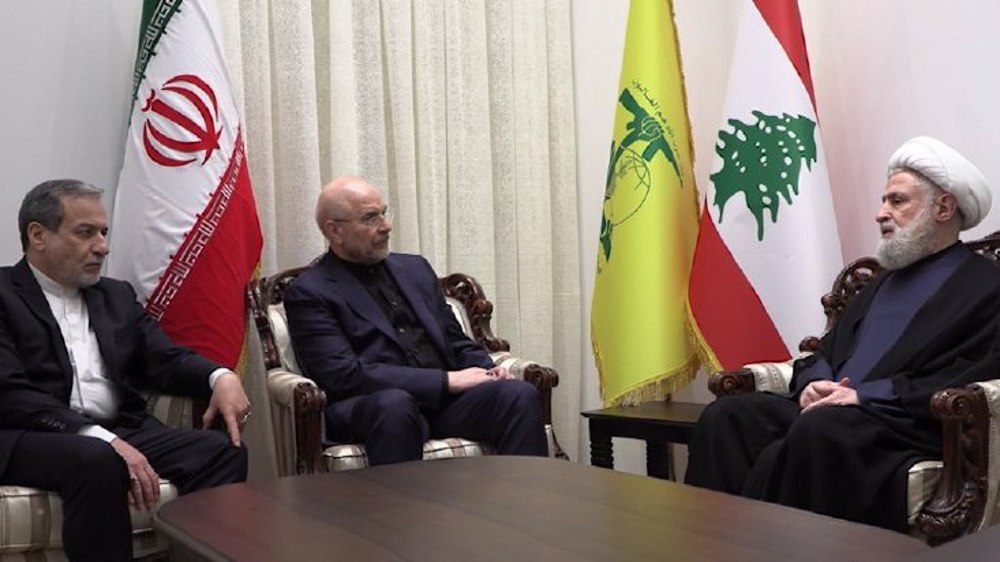
Iran’s parliament speaker, foreign minister meet Hezbollah chief in Beirut
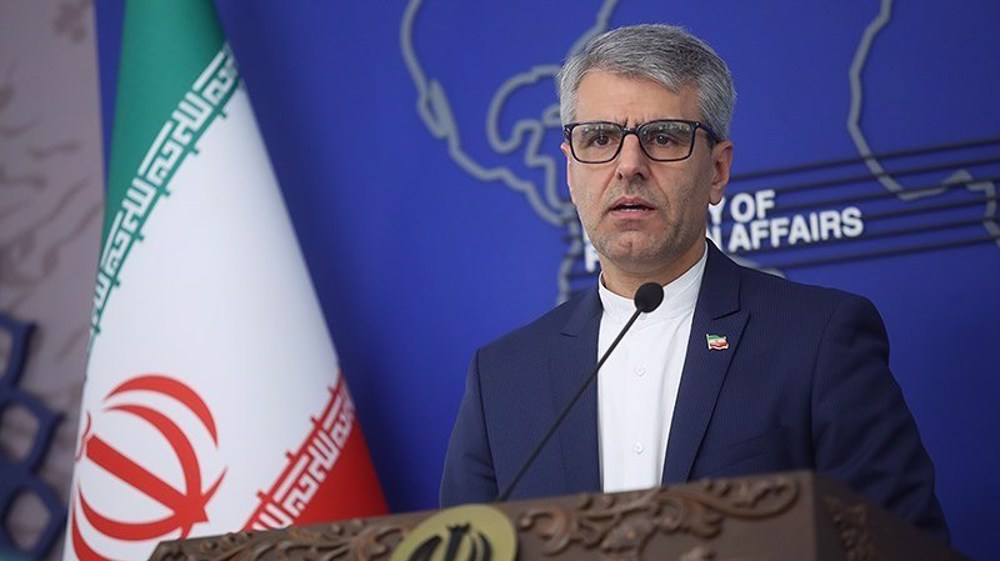
Iran: New sanctions show US 'hostility to well-being' of Iranians
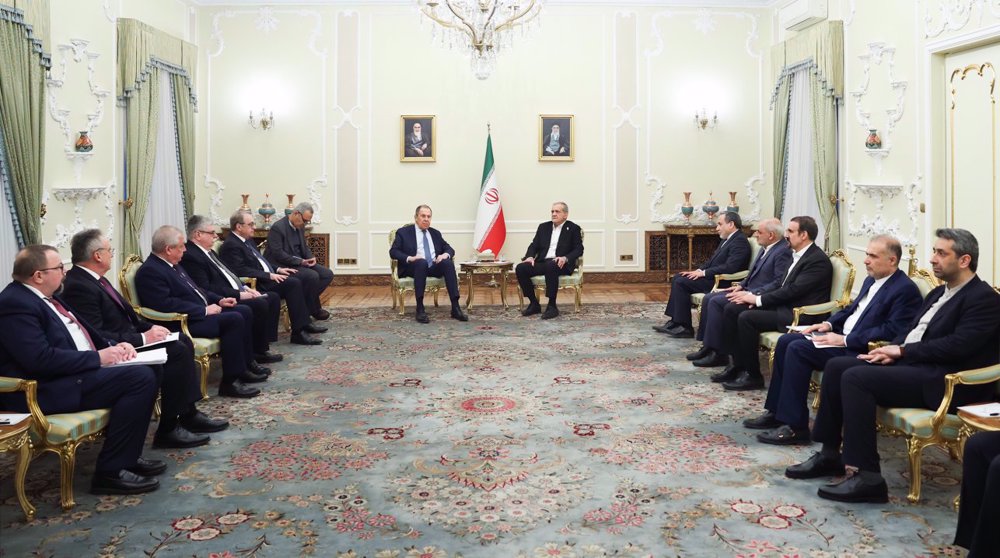
Iran’s president vows to accelerate cooperation with Russia
Iranian flotilla makes port call in India with 'friendship message'
How UK counter-terror police colluded with Zionists to detain me after Beirut trip
Biden, Blinken, Austin referred to ICC over Gaza war crimes
EU will 'do the same' if US implements tariff hikes: France
VIDEO | Press TV's news headlines
British celebrities condemn BBC removal of Gaza documentary
Iran Army acquires tactical vehicles, audio surveillance systems
VIDEO | UK police detain anti-Zionist scholar upon return from Lebanon


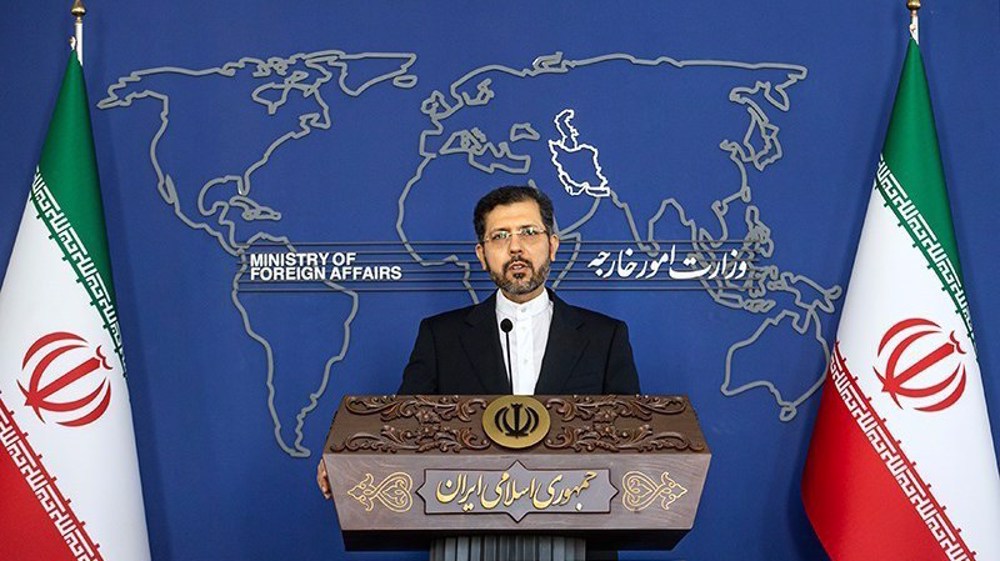
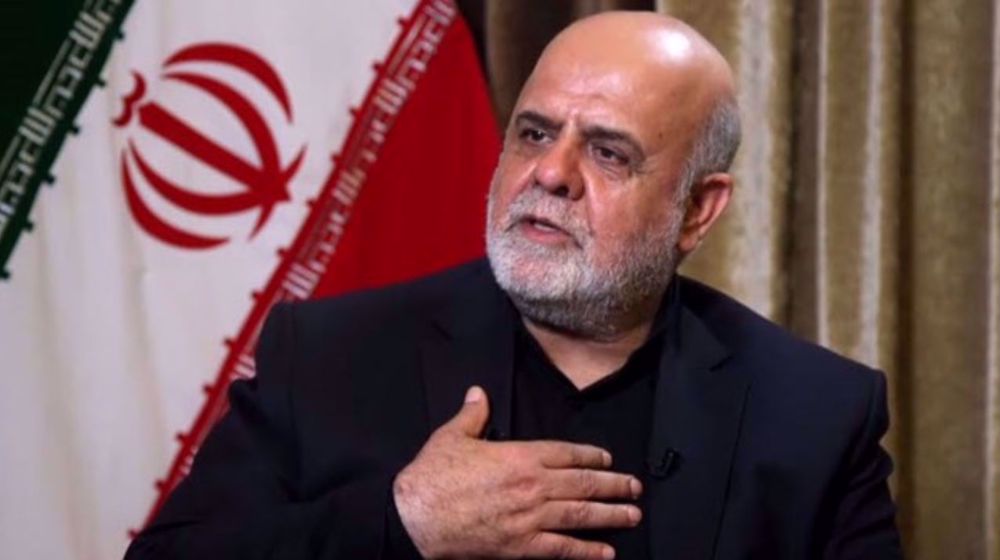



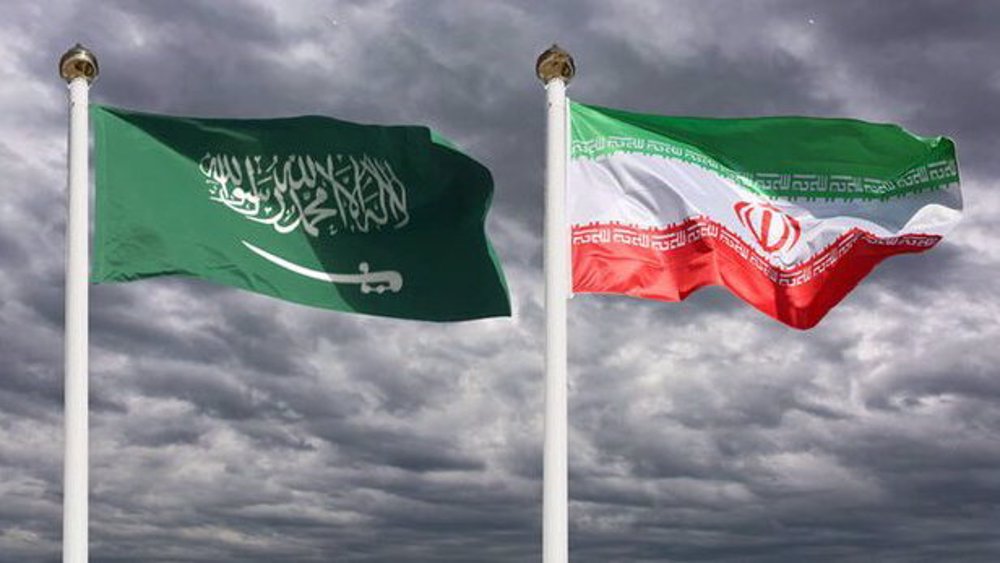
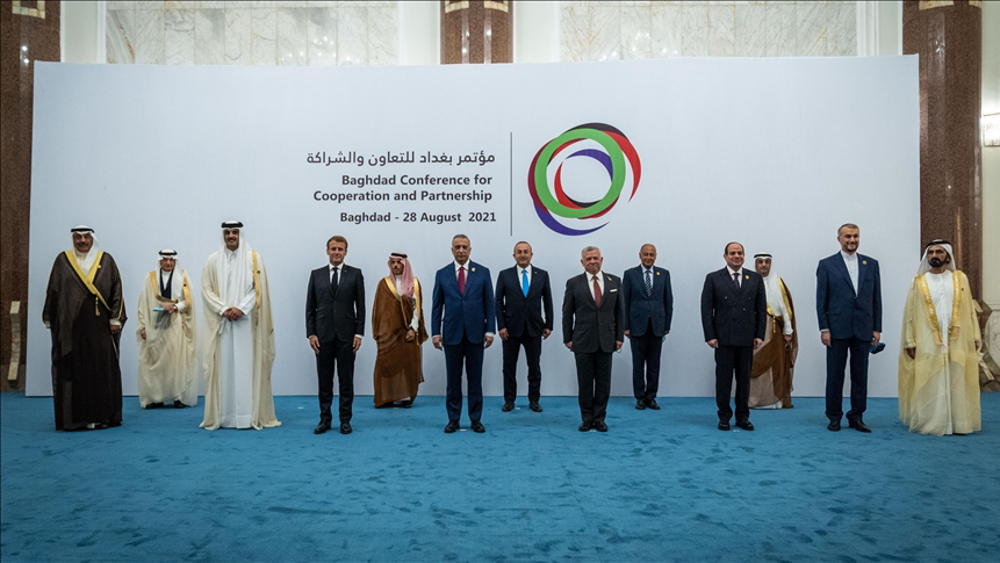
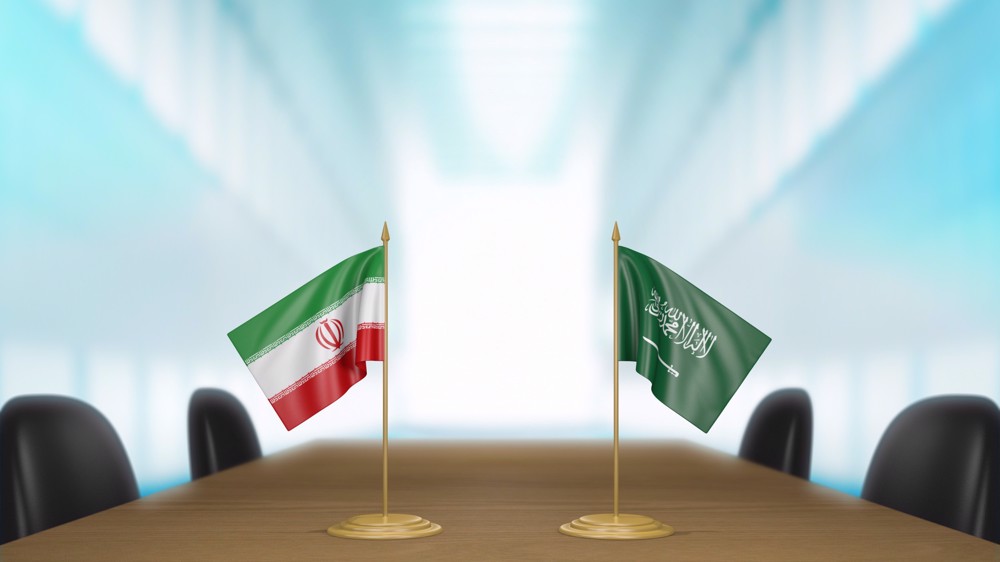
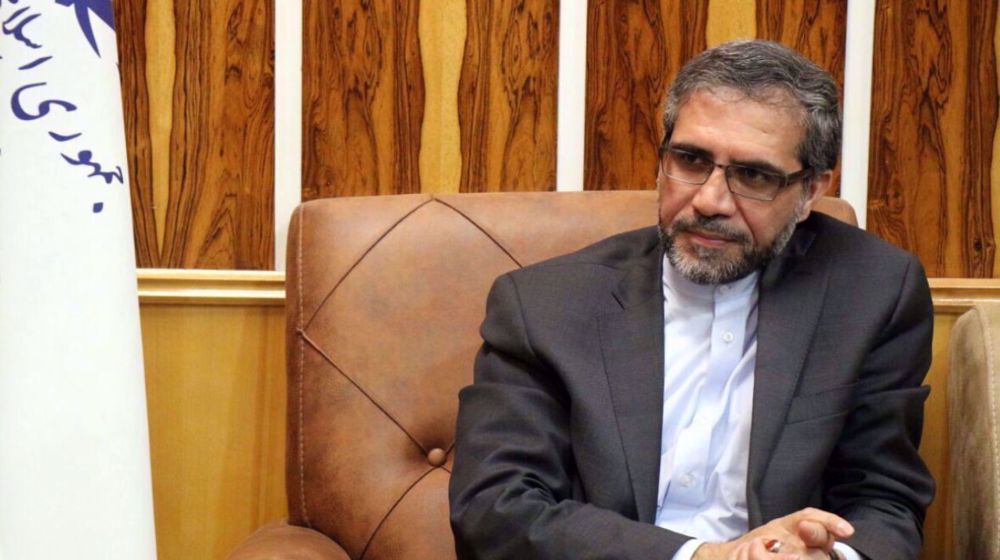
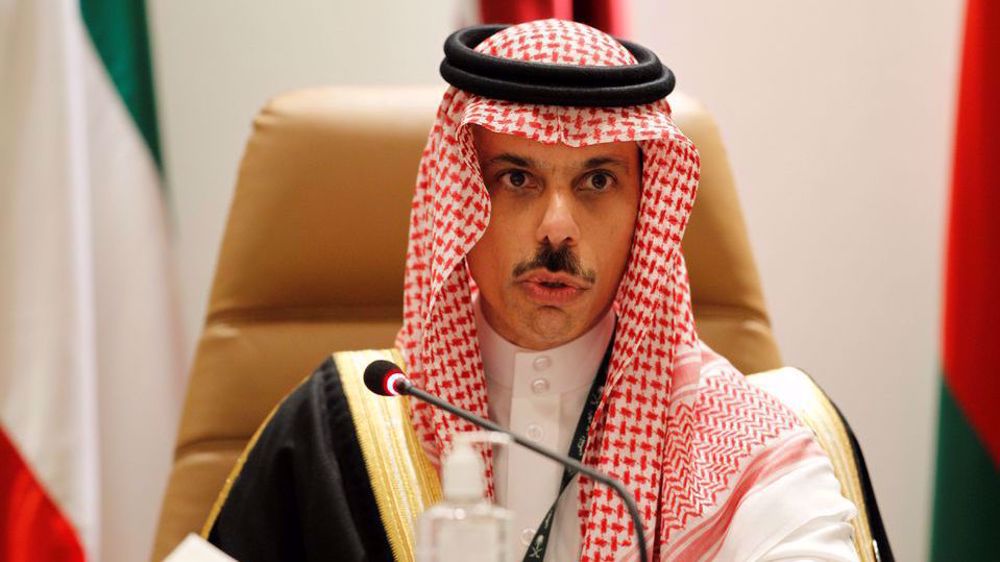

 This makes it easy to access the Press TV website
This makes it easy to access the Press TV website